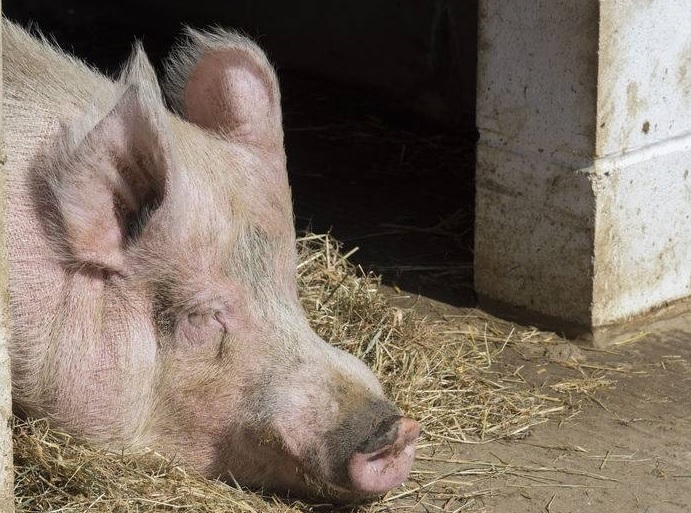
New environmental permit charges published by the Environment Agency will add "unjustified costs" to pig farming businesses, the industry has warned.
The National Pig Association (NPA) described the overall outcome as "disappointing, but as expected".
It said the charges will "penalise efficient businesses" that want to invest to expand and improve.
The new charges, which will come into force on April 1, will see application fees increase from £3,750 to £8,020, as initially proposed
Variation fees will rise for all categories, including to a prohibitive £7,218 for changes deemed to be ‘substantial’. Fees will rise to £2,406 for a minor variations and to £4,010 for normal variations.
However, following lobbying from NPA, permit variations required as part of the BREF review process will only cost £380, lower than originally proposed.
The annual subsistence fee has been reduced from £2,490 to £2,386 for non-accredited units and £1,580 to £1,444 for accredited units.
NPA chief executive Zoe Davies said: “We welcome the concessions that have been made on the back of our strong lobbying on this issue, particularly as the review has been triggered by the agency and all permits will need to be re-assessed.
“But, overall, the higher application and variation fees are unfair and unjustified – we still maintain that the Environment Agency needs to do a lot more to reduce its own costs if it is to pass them on to farming businesses.
“They have agreed to undertake a review of the pig and poultry permitting process to see where further efficiencies can be made. NPA will be taking part in this review.
Ms Davies added: “We also believe the charges will penalise efficient businesses that want to invest to expand and improve and will drive the industry towards larger units to justify the extra costs, which, in turn, is likely to result in more problems during the planning process.”
The NFU has said it is "disappointed" after the Environment Agency rejected its recommendation to delay the implementation of changes to its charges regime until at least April 2019.
